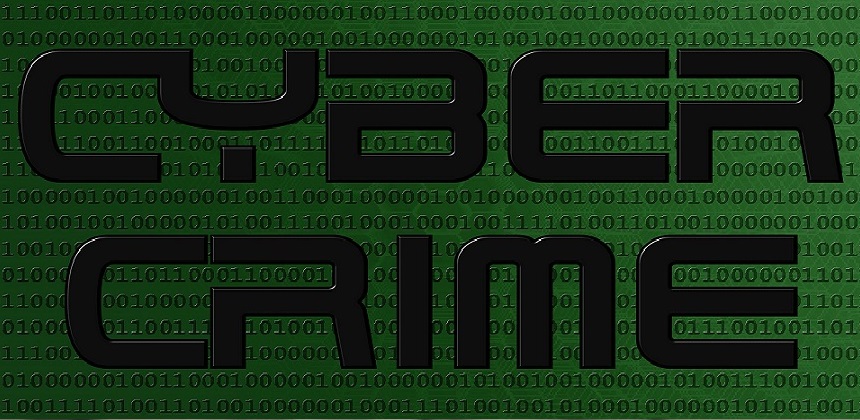
Cybersquatting and Trademarks
Many times, when a person or company owns a trademark, a likely assumption is that the person or company would like to own the domain name that goes with such trademark – as a matter of brand protection. However, more often than it should happen, when a person or representative of the company goes in to try to secure the domain name corresponding to the trademark, a devastating reality comes crashing down when it is discovered that the domain name has been taken. If this happens to you, there is a chance that you may be the victim of cybersquatting. Since more and more commercial opportunities have arisen online, new domains have proven to equal continued problems with cybersquatting. This post with help you figure out whether or not you’re dealing with a cybersquatter and what to do if you are.
Cybersquatting: What is it?
Let’s be clear — just because the domain name you want has been taken doesn’t mean you are dealing with a cybersquatter. So what is cybersquatting? Cybersquatting occurs when an entity (a person, a company, etc.) intentionally buys up the domain name of a specific business and then holds on to it, with the intent of selling that domain to the business for large profit later.
What Do New Generic Top-Level Domains Mean for Cybersquatting?
A generic top-level domain name (gTLD) is the identifying portion of a domain, which associates it with some domain class. For example, the gTLD “.com” identifies that domain as “commercial”; “.gov” associates that domain as a government agency; “.edu” is for schools, etc. Over the past several years, the Internet Corporation for Assigned Names and Numbers (ICANN) has been approving and rolling out new gTDLs, and accompanying the roll-out of any these gTDLs comes new opportunity for cybersquatters. As soon as new gTDLs are being approved, cybersquatters are buying popular domain names with new gTDLs and squatting on them, hoping to make a profit later.
Speculation Around China’s Ascendancy in Registrant List
According to World Trademark Review‘s recent blog post, an astounding 53.4% of all new gTLD registrations have been registered from China. The post points out that these types of registration numbers lead to the assumption that cybersquatting in China is occurring in massive numbers. However, the post contends that this is not necessarily the case and that the high percentage of gTLDs are not a definitive indication of cybersquatting. The post suggests that because China is such a large and diverse market, it is reasonable to assume that the registration of so many gTLDs has been made by legitimate businesses and entities. The post maintains that although the staggering numbers coming from China’s obtainment of gTLDs are worth watching, they are, at this point, still viewed as a positive circumstance.
If you’d like more information on cybersquatting and domain names, please don’t hesitate to contact us.
—
Julian Cordero is an Attorney, Business Strategist, and Music Producer. Oh and he blogs too! Julian is licensed to practice law in New York and is the Managing Attorney of Cordero Law LLC, a New York City based law firm focusing on Business Law, Entertainment Law, and Intellectual Property Law.
